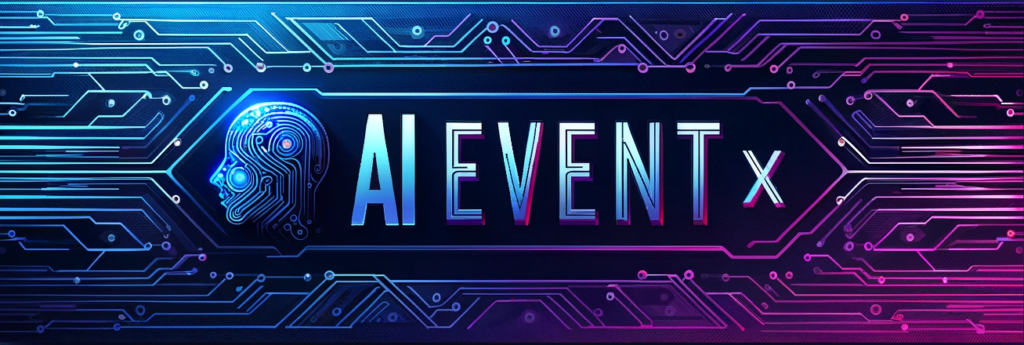In the ever-evolving landscape of artificial intelligence, OpenAI continues to push boundaries and redefine what’s possible. Their latest endeavour involves the development of two distinct types of AI agents, each poised to transform how we handle various tasks. Let’s delve into the details of these innovative agents and explore their potential impact.
1. Device-Based AI Agents
The first type of AI agent operates directly on a user’s device. Imagine having an intelligent assistant that seamlessly integrates into your workflow, taking care of mundane tasks without requiring constant supervision. Here’s what the device-based AI agent brings to the table:
Automating Data Transfer and Administrative Duties
- Data Transfer: Spreadsheets, documents, and databases often require manual data entry and synchronization. The device-based AI agent can effortlessly transfer data between these platforms, reducing human error and saving valuable time.
- Expense Reports: Filing expense reports can be a tedious process. With the AI agent, employees can simply forward receipts, and the agent will compile and organize the necessary information, streamlining the entire workflow.
2. Web-Based AI Agents
The second type of AI agent focuses on web-based tasks. As more of our work and communication shift online, having an AI companion that excels in web-related activities becomes increasingly valuable. Here’s what the web-based AI agent can do:
Curating Travel Itineraries
- Planning a trip involves juggling flight bookings, hotel reservations, and sightseeing schedules. The web-based AI agent can analyze your preferences, search for the best deals, and create personalized travel itineraries. Say goodbye to hours of research!
Gathering Public Data
- Researchers, journalists, and analysts often need access to public data. The AI agent can scrape relevant information from websites, databases, and APIs, presenting it in a concise and usable format. Whether you’re tracking stock prices or monitoring COVID-19 statistics, the agent has you covered.
Booking Air Tickets
- Booking flights can be overwhelming, especially when considering factors like price, layovers, and airline reputations. The AI agent can sift through options, compare prices, and recommend the most suitable flights based on your preferences.
The Road Ahead for AI Agents
While OpenAI hasn’t officially announced whether these AI agents will be standalone products or part of a broader suite, their commitment to enhancing models and optimizing learning is evident. Imagine a future where your AI assistant knows your writing style, anticipates your needs, and seamlessly integrates it into your daily routine.
As we move forward, expect further enhancements and capabilities. Perhaps we’ll witness AI agents collaborating with each other, sharing insights, and collectively improving their performance. The possibilities are exciting, and OpenAI’s work is at the forefront of this transformation.
In conclusion, OpenAI’s AI agents represent a significant step toward personalized, universal assistance. Whether you’re managing spreadsheets or planning a vacation, these agents promise to make our lives more efficient and productive. Keep an eye on OpenAI—they’re shaping the future of automation, one line of code at a time.
AI agents, like those developed by OpenAI, promise personalized assistance. Imagine an AI that adapts to your writing style, anticipates your needs, and seamlessly integrates into your daily routine. Whether it’s automating administrative tasks or curating travel itineraries, these agents enhance productivity and efficiency.
Ethical Considerations
However, with great power comes great responsibility. As AI becomes more pervasive, ethical considerations loom large. We must address bias, transparency, and accountability. Striking the right balance between automation and human judgment is crucial.
Collaboration and Collective Intelligence
The future lies in collaboration. AI agents collaborating with each other, sharing insights, and collectively improving their performance could redefine how we work. Imagine a network of interconnected AI minds, augmenting human capabilities and solving complex problems.
Also Read: 7 Terrifying Signs of AI Becoming Self-Aware: The Future We Dread

